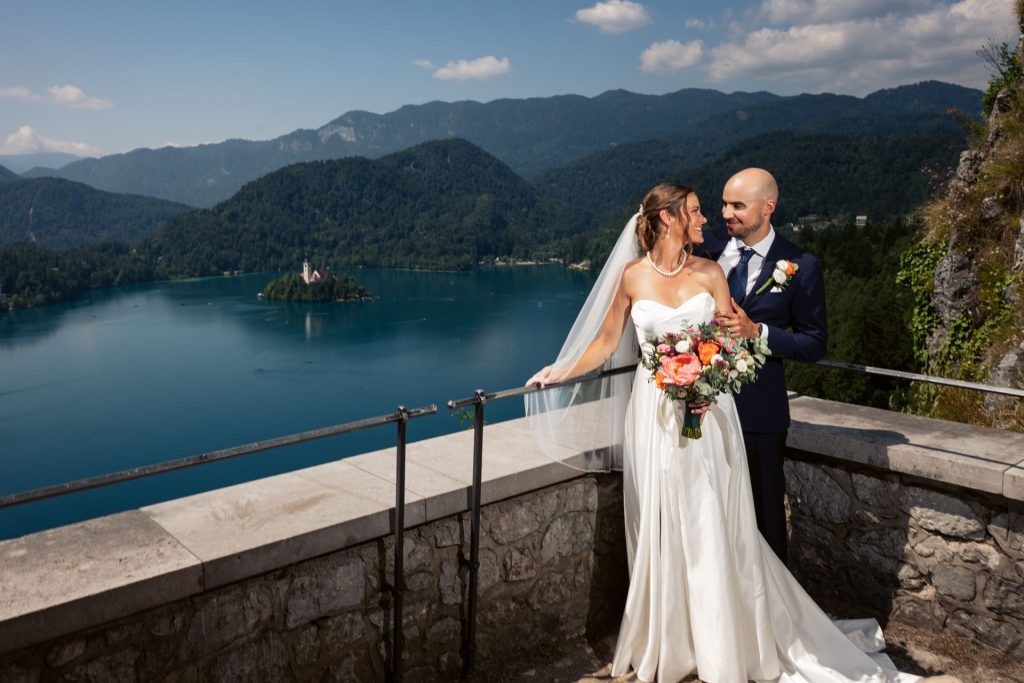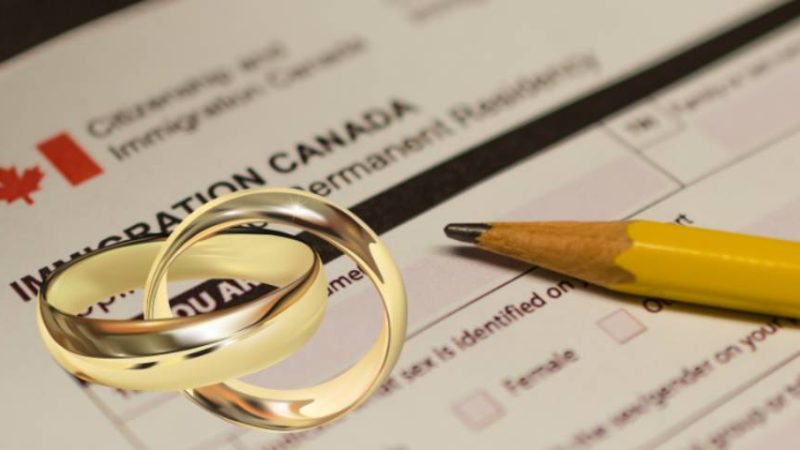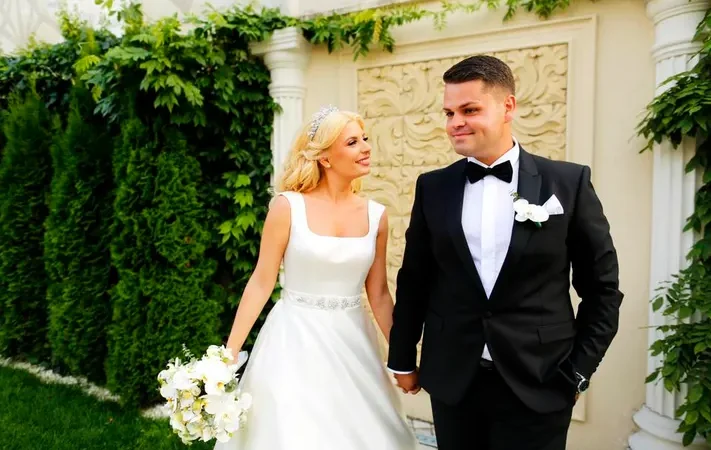🔹 What Is Marriage Immigration?
Marriage immigration refers to obtaining residency, permanent status, or citizenship through marriage to a citizen or permanent resident of another country.
It’s one of the most common family-based immigration paths — but also one of the most closely monitored by immigration authorities to prevent fraud.
Marriage immigration involves legal, bureaucratic, and emotional steps — from proving a genuine relationship to meeting eligibility, filing paperwork, attending interviews, and eventually obtaining permanent residency or citizenship.
🔹 Why People Choose Marriage Immigration
-
Reuniting with a partner abroad – The most common reason: to live together legally in one country.
-
Pathway to permanent residency or citizenship – Many countries provide fast-track options through marriage.
-
Cultural and lifestyle opportunities – Living with a spouse in a new country often opens personal and professional doors.
-
Family planning – Some couples prefer raising children where they have stronger social or legal rights.
🔹 General Process (Step-by-Step)
While details differ between countries, most marriage immigration processes follow these stages:
-
Marriage Registration
You must prove your marriage is legally valid — either through a civil marriage in your home country or at the foreign country’s embassy. -
Visa or Sponsorship Application
The citizen or permanent resident typically sponsors the foreign spouse for a marriage visa or residence permit. -
Proving a Genuine Relationship
Immigration authorities may request photos, chats, call records, joint financial documents, and witness statements to ensure the marriage is not fake. -
Background Checks & Interviews
Both partners may undergo interviews and background checks for fraud, criminal history, or previous visa violations. -
Residence Permit or Green Card Approval
After verification, the applicant receives conditional or full residency (e.g., a 2-year conditional green card in the U.S.). -
Permanent Residency or Citizenship
After living together for a set period, the foreign spouse can apply for permanent status or even citizenship.

🔹 Legal Considerations
Marriage immigration laws vary by country, but here are common legal aspects:
| Topic | Description |
|---|---|
| Minimum Age | Usually 18+ for both partners |
| Proof of Relationship | Shared residence, joint accounts, photos, communication records |
| Financial Requirements | The sponsor must meet a minimum income threshold |
| Background Checks | For both spouses (criminal and immigration history) |
| Fake Marriage Penalties | Hefty fines, imprisonment, or permanent immigration bans |
🔹 Common Challenges
-
Long processing times — some countries take over 12–24 months.
-
Language and cultural barriers — may affect interviews and communication.
-
Financial proof — not meeting income requirements can delay or deny visas.
-
Misunderstanding legal differences — what counts as “valid marriage” differs by country.
-
Fake marriage suspicion — even real couples may face extra scrutiny.

🔹 Tips for a Successful Application
✅ Keep consistent documentation (bank statements, messages, travel records)
✅ Be honest and transparent during interviews
✅ Understand your country’s specific requirements
✅ Hire an immigration lawyer if your case is complex
✅ Never attempt a fake or “arranged for visa” marriage — it’s illegal everywhere
🔹 Marriage Immigration by Country
Below are detailed country-specific guides (link each to your subtopics):
🔹 Final Thoughts
Marriage immigration is both a legal and personal journey.
It’s a bridge between two lives, cultures, and legal systems — but also a process that requires patience, honesty, and preparation.
Whether you’re marrying abroad or applying for a spousal visa, knowing the laws, requirements, and pitfalls can make the path smoother and stress-free.







